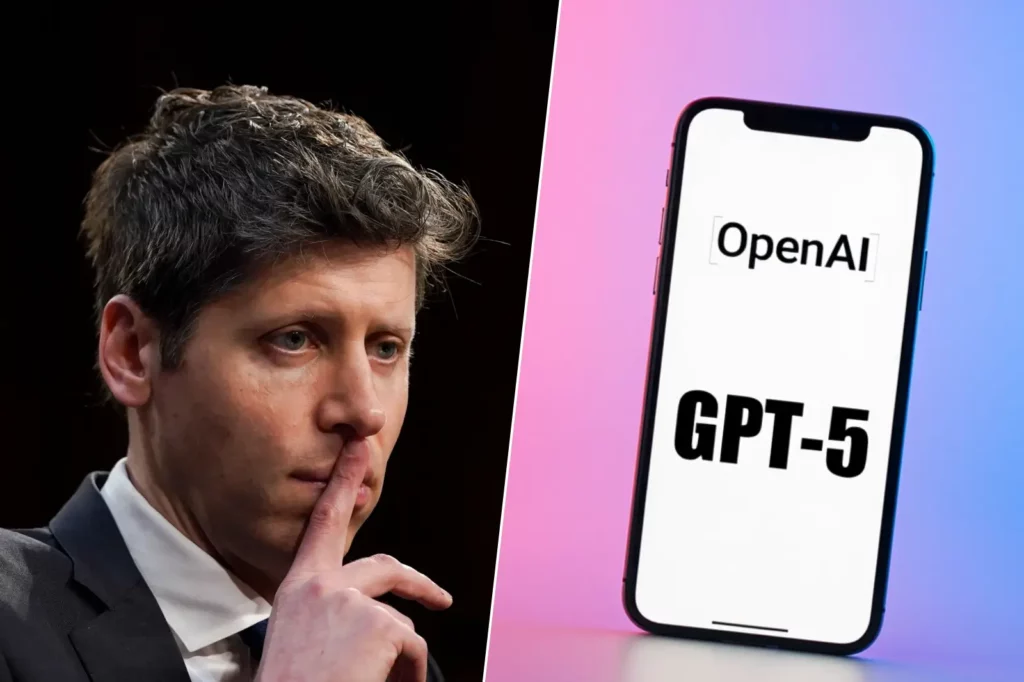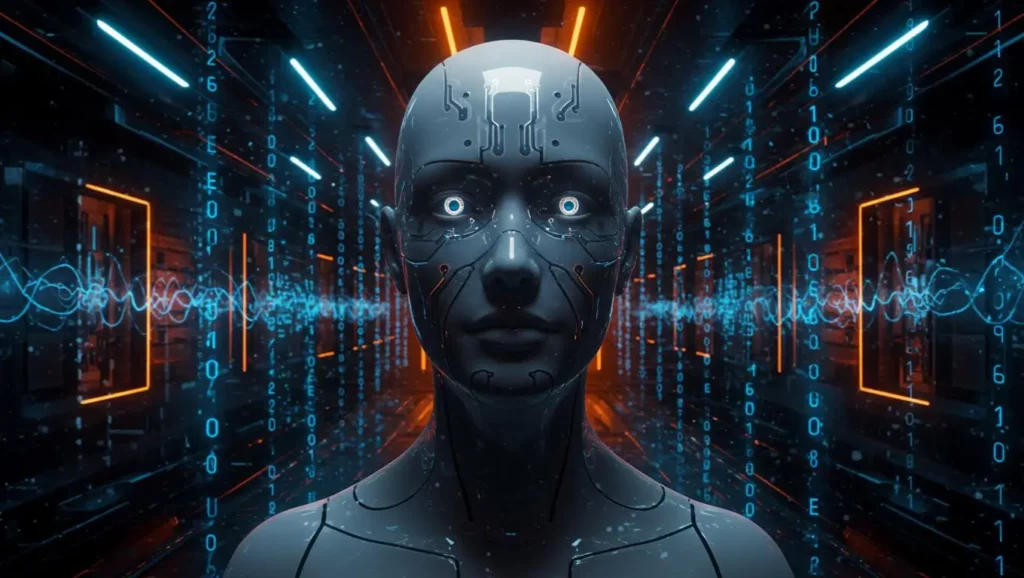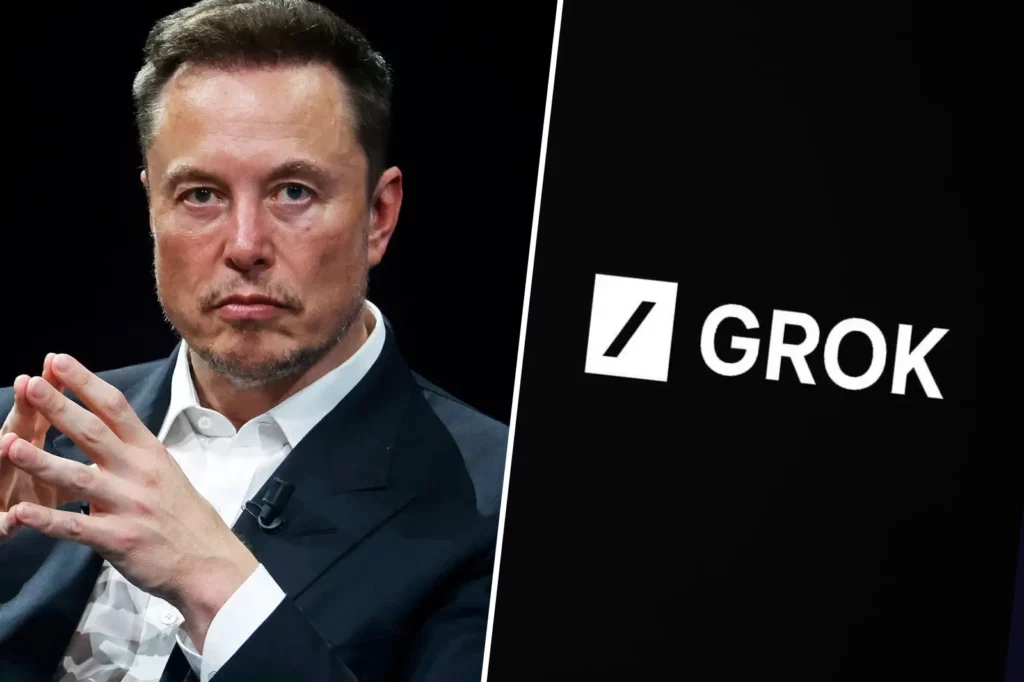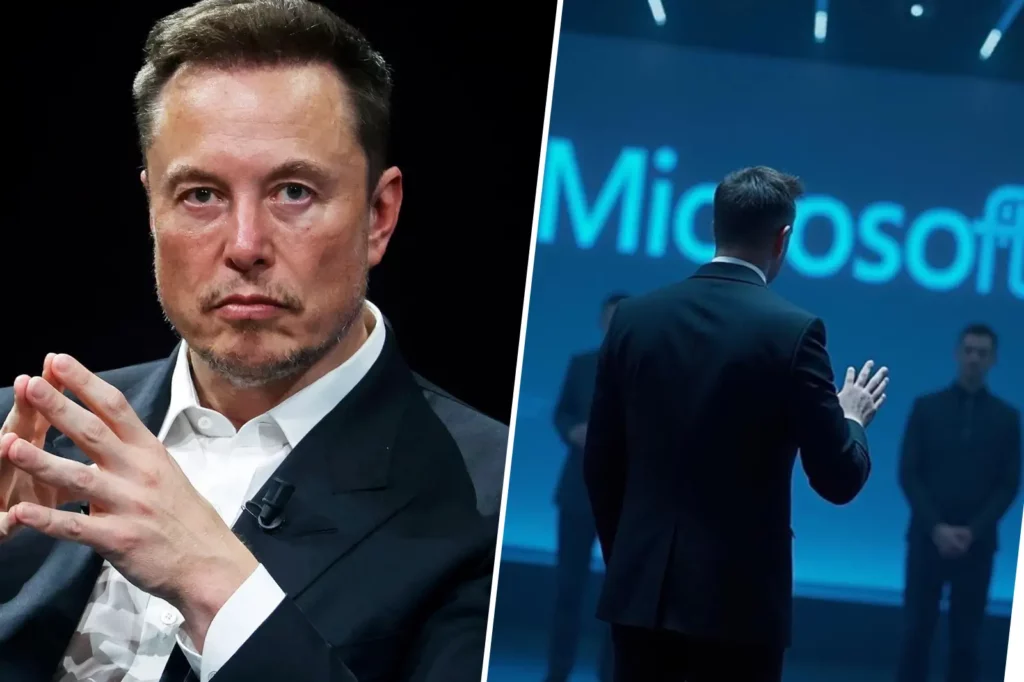As OpenAI’s valuation approaches $500 billion, Sam Altman sounds the alarm: the artificial intelligence bubble could burst. Between caution and strategy, what should we really understand from this internal warning?
When Sam Altman, at the Peak of Success, Announces a Storm is Coming to the AI Market
There are statements that echo as cryptic warnings. When Sam Altman, CEO of OpenAI, claims that “some will lose staggering amounts,” he’s not referring to science fiction.
The man at the helm of the company behind ChatGPT, freshly valued at $500 billion, knows that money is flowing in a very young market. Yet he warns: “People sometimes make stupid capital allocations.”
The paradox is striking: the same man who warns against the overheating of the market is the one fueling it with record fundraising and monumental projects, such as an $850 billion investment plan for AI-related infrastructure. It’s a bit like a ship captain announcing a storm while hoisting more sails.
Altman, Strategist or Cassandra? The Balancer Who Warns of a Crash While Accelerating the Race for Artificial Intelligence
What might seem like a contradiction is actually a long-term strategy. Altman recognizes the upcoming booms and busts but bets on unprecedented economic growth in the long run. “In the long run, this technology will transform everything,” he states. A philosophy shared by Jeff Bezos: “AI is real, and it will change every industry.”
In plain terms, yes, there will be losers, but also massive winners. Altman seems to embrace this economic Darwinism: a necessary stage for the market to cleanse itself and for viable technologies to emerge. It’s exactly what happened during the Internet bubble: hundreds of companies vanished while Google and Amazon rose to dominance.
Undeniable Signs: Crazy Valuations, Disappointing Projects, and the First Cracks in the AI Market
Yet it is hard not to see the symptoms of a bubble. In just six months, OpenAI’s valuation skyrocketed from $300 billion to $500 billion, with no major exits. In the meantime, failures are piling up: according to a MIT study (August 2025), 95% of AI projects in companies do not generate the expected revenue. We are in a “winner takes all” mentality, where a few giants capture everything.
This overheating worries economists: disconnected valuations, poorly allocated capital, and sometimes untenable promises. But for Altman, it’s better to have a bubble than stagnation. Because without excess, there is no innovation. An almost Schumpeterian view of progress, where creative destruction is inevitable.
Should We Fear or Hope for the Bubble? Why Altman Believes a Crisis Can Be an Opportunity for the Global Economy
So, should we be concerned? Yes and no. Yes, because inexperienced investors may get hurt. No, because the technological fundamentals are much sturdier than in 2000. Generative AI is already establishing itself in health care, creation, research, and industry.
Altman is not trying to calm the situation but to redefine the rules of the game: he calls for massive investment, not to inflate the bubble but to build the infrastructure of a new economy. As he puts it: “The real risk isn’t the burst, but not investing enough.”
It remains to be seen whether this vision of an engineer-prophet will hold up when financial reality strikes.




